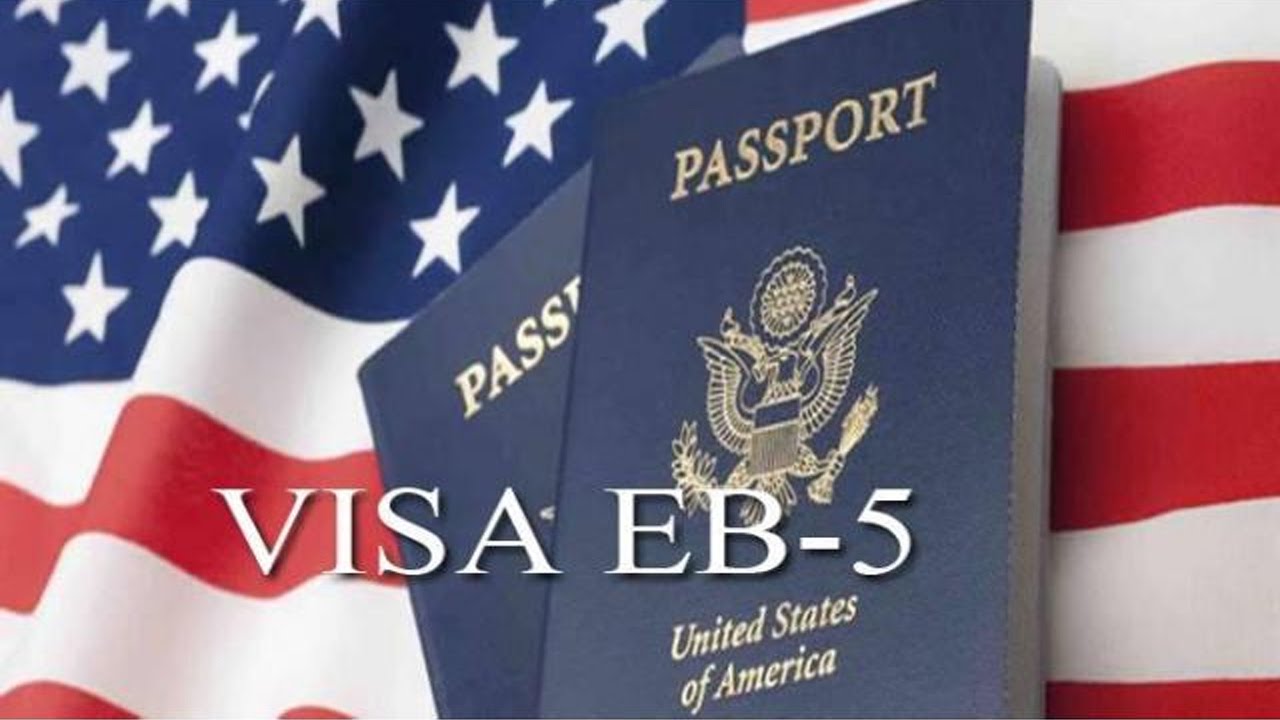
About 20 per cent of EB-5 investment in American real estate now comes from Vietnam, putting it behind India’s 25 per cent and China’s 30 per cent, according to the journal. (Photo cmivnedu.com)
The Southeast Asian country is rapidly gaining on China as one of the biggest participants in the foreign-investment initiative. According to VNA, the programme offers green cards in return for investing in job-creating US businesses or real-estate projects.
About 20 percent of EB-5 investment in American real estate now comes from Vietnam, putting it behind just India’s 25 percent and China’s 30 percent, the Wall Street Journal reported, citing statistics from the U.S. Immigration Fund. Vietnamese nationals received 693 EB-5 visas last fiscal year, an increase from 471 in 2017. The country made up barely 1 percent of all EB-5 visas four years ago.
Developers advertising their projects to Vietnamese investors including Related Companies, which is looking for US$380 million for the third phase of its Hudson Yards development, and Extell Development, which is seeking investors for its Times Square Hard Rock Hotel project.
Vietnam’s increased interest in EB-5 comes as China has been pulling back from it. The country dominated the program for years but has become less interested as the wait time for a visa ballooned from months to years.
The journal quoted immigration attorney Phuong Lee as saying: “In the past, any large-scale capital raise, anything over $50 million or $100 million, particularly in New York, you had to go to China. But most of the big New York real estate developers who were in China before are certainly all in Vietnam now.”
However, despite Vietnam’s growing interest in EB-5, overall investment volume has dropped significantly, and the country’s estimated wait time of seven years for a visa could eventually become a problem, it noted.
For now, though, Vietnam is proving to be a solid player in the EB-5 market.
“In the past, any large-scale capital raise, anything over $50 million or $100 million, particularly in New York, you had to go to China,” immigration attorney Phuong Lee told the Journal, adding that “most of the big New York real estate developers who were in China before are certainly all in Vietnam now.” [WSJ] – Eddie Small


















